As generative AI tools revolutionize art, music, and design, a critical legal and ethical question has emerged: Are AI algorithms committing plagiarism when trained on uncredited human work? This debate is at the heart of several legal issues with AI-generated art and plagiarism, with companies like Stability AI facing increasing scrutiny.
Stability AI, the creator of the popular Stable Diffusion model, is embroiled in lawsuits over uncredited artist data used to train its image-generating algorithm. Plaintiffs argue that the model reproduces artistic styles without consent, compensation, or even attribution. This raises larger concerns about AI algorithms and copyright infringement in the digital age.
Many artists fear that their creations have been quietly fed into massive datasets, their styles repurposed by machines that never ask permission. Can this be considered intellectual property theft? Or does it fall under fair use—a legal gray area where billions of dollars are at stake?
Legal experts are calling for new compensation models for artists used in AI training, including licensing frameworks and creator opt-out mechanisms. These are early steps toward respecting artist rights in the age of generative AI, but enforcement remains elusive.
The legal analysis of AI-generated content disputes also reveals a deeper paradox: AI can’t create without human input, yet the humans who inspired the output may never be credited. This paradox is at the heart of a potential reckoning for companies like Stability AI. Copyright lawsuits explained in recent court cases indicate that this issue is far from resolved.
As governments and institutions grapple with these complex cases, the future of creative ownership may hinge on finding a balance between innovation and protection. Tools must evolve—not just technically, but ethically and legally.
Ultimately, resolving the legal issues with AI-generated art and plagiarism isn’t just about courtrooms—it’s about preserving the value of human creativity in a machine-assisted world.



